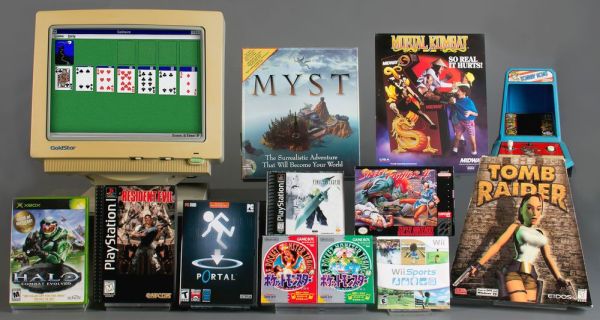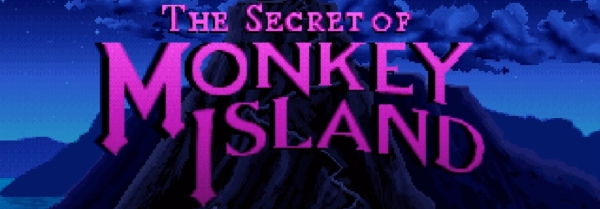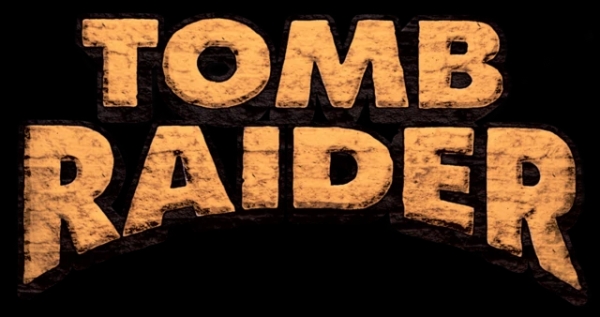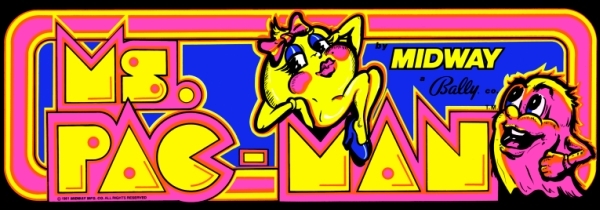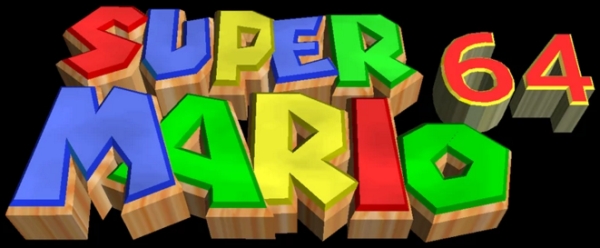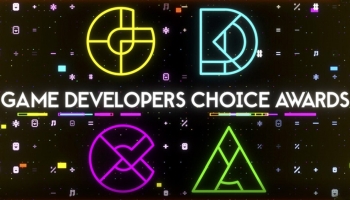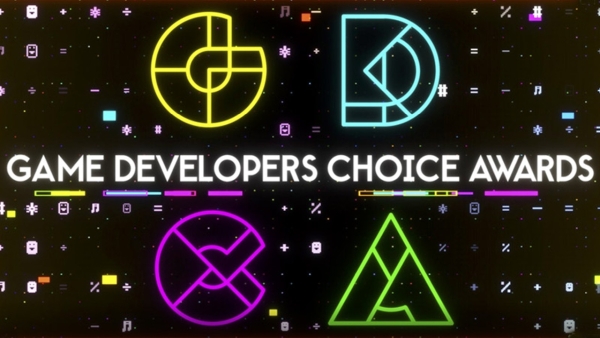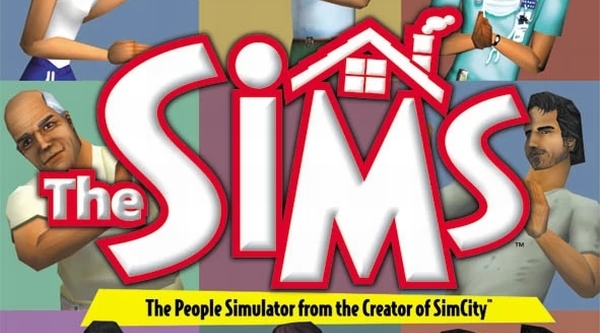
The latest VGC Essay contemplates the futility of determining the best-selling video game of all time and The Sims. Here’s a teaser…
What is the best-selling video game of all time? It’s a surprisingly hard question to answer as game publishers, unlike Hollywood film studios, refuse to release sales figures for their games on a title-by-title basis. But for years now, the conventional narrative has been that The Sims became the best-selling PC game of all time in 2002 after dethroning Myst, the graphical adventure game that sold more CD-ROM drives than every other piece of “multimedia” software combined.
Developed by Maxis, The Sims delivered a smaller, more personal, simulation that differed greatly from the macro scale of designer Will Wright’s previous games, SimCity and SimCity 2000. Instead of pulling the camera back, giving the “mayor” control of an entire city, The Sims moved the camera in close, allowing the player to interact with the day-to-day minutiae of a single family. Part Real World, part Demon Seed, and part Barbie Dream House, this approach allowed players to bypass the mayoral office and step right into the shoes of a god. However, it was a literal “Act of God” that encouraged developer Will Wright to create The Sims in the first place.





